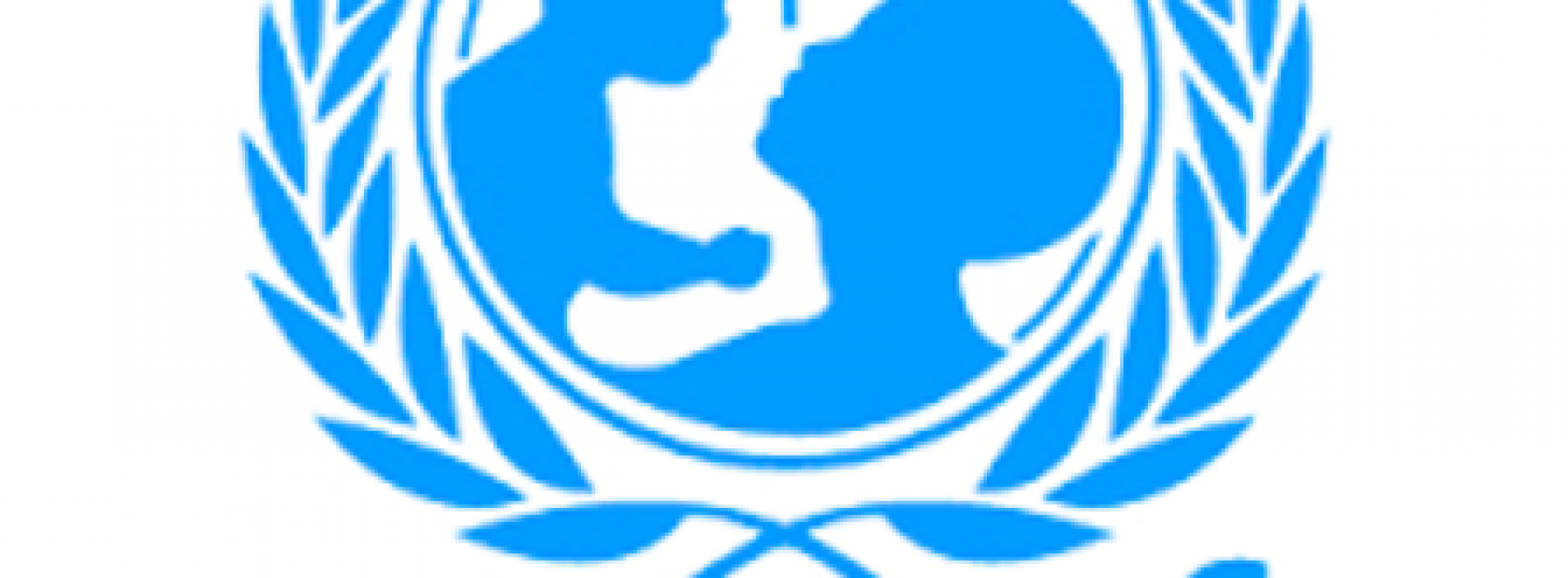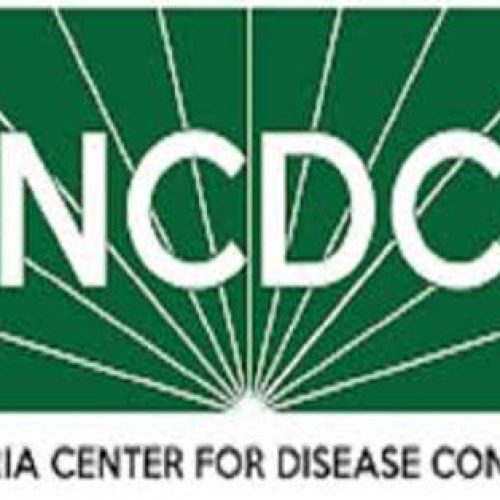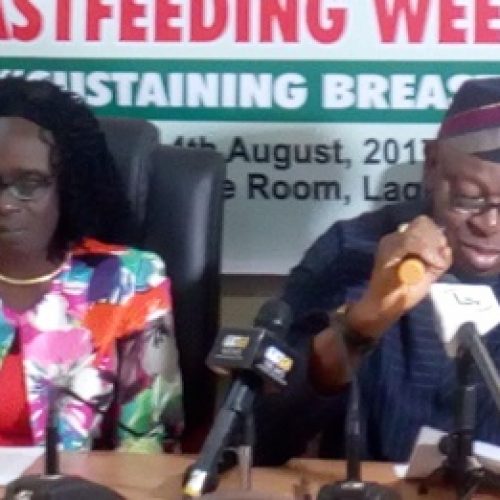New UNICEF report reveals 7.3m Nigerian women, girls undernourished
-
Highlights why Nigeria must invest in essential nutrition
A new global report has raised the alarm on the need to invest in essential nutrition programmes for adolescent girls and women as the number of Nigerian undernourished teenage girls and women of reproductive age soar to 7.3 million in three years.
The report released by the United Nations Children’s Fund, UNICEF, noted that the number of adolescent girls and women aged 15-49 years who are undernourished soared from 5.6 million in 2018 to 7.3 million in 2021 in Nigeria.
The report added that Nigeria was among the 12 hardest hit countries by the global food and nutrition crisis, alerting that the situation is putting women and newborn babies at risk.
The 12 countries – including Nigeria, Afghanistan, Burkina Faso, Chad, Ethiopia, Kenya, Mali, Niger, Somalia, South Sudan, Sudan and Yemen – represent the epicentre of a global nutrition crisis that has been increased by recent impacts of COVID-19 and exacerbated by the war in Ukraine and ongoing drought, conflict, and instability in some countries.
The report entitled: “undernourished and Overlooked: A Global Nutrition Crisis in Adolescent Girls and Women” released ahead of International Women’s Day also warned that the ongoing crises, aggravated by unending gender inequality, are deepening a nutrition crisis among adolescent girls and women that had already shown little improvement in the last two decades.
Commenting on the report, UNICEF’s Executive Director Catherine Russell said: “This nutrition crisis is pushing millions of mothers and their children into hunger and severe malnutrition.
“Without urgent action from the international community, the consequences could last for generations to come.”
According to the report – an unprecedented and comprehensive look at the state of adolescent girls and women’s nutrition globally – more than one billion adolescent girls and women suffer from undernutrition (including underweight and short height), deficiencies in essential micronutrients, and anaemia, with devastating consequences for their lives and wellbeing.
The report further notes that: “In Nigeria, 55 per cent of adolescent girls and women suffer from anaemia while nearly half of the Nigerian women of reproductive age do not consume the recommended diet of at least 5 out of 10 food groups (grains and tubers, pulses, nuts and seeds, dairy, meat, poultry and fish, eggs, dark green leafy vegetables, other vitamin A rich fruits and vegetables, other vegetables and other fruits) according to the 2022 National Food Consumption and Micronutrient Survey.
“Inadequate nutrition during girls’ and women’s lives can lead to weakened immunity, poor cognitive development, and an increased risk of life-threatening complications – including during pregnancy and childbirth – risking mother’s lives, also, with dangerous and irreversible consequences for their children’s survival, growth, learning, and future earning capacity.
For example, in Nigeria, 12 million children under 5 are stunted, meaning they are too short for their age due to malnutrition. Of those, about half become stunted during pregnancy and the first six months of life, the 500-day period when a child is fully dependent on maternal nutrition, according to a new analysis in the report.”
Continuing, Russell said to prevent undernutrition in children; the country must also address malnutrition in adolescent girls and women.
Speaking, UNICEF Nigeria Country Representative, Cristian Munduate, said: “To ensure a better future for our children, we must prioritize the access of adolescent girls and women to nutritious food and essential nutrition services.
“The nutrition crisis is deepening among them, and urgent action is needed from all partners including the government of Nigeria and the international community. We cannot afford to overlook this crisis, and we must work together to transform food, health and social protection systems for adolescent girls and women.”
In Nigeria, the 2022 Cadre Harmonise analysis published by the government shows that 17 million Nigerians are suffering from acute food insecurity, and this is likely to increase to 25 million in the lean season this year (FMARD, 2022)
Since last year, UNICEF has scaled up its efforts in the countries hardest hit by the global nutrition crisis, including Nigeria.
According to the report, South Asia and sub-Saharan Africa remain the epicentre of the nutrition crisis among adolescent girls and women, home to 2 in 3 adolescent girls and women suffering from being underweight globally, and 3 in 5 adolescent girls and women with anaemia. Meanwhile, adolescent girls and women from the poorest households are twice as likely to suffer from being underweight as those from the wealthiest households.
Global crises continue to disrupt women’s access to nutritious food disproportionately. In 2021, there were 126 million more food-insecure women than men, compared to 49 million more in 2019, more than doubling the gender gap of food insecurity.
The report called on governments, development and humanitarian partners and donors, civil society organisations and development actors to transform food, health and social protection systems for adolescent girls and women by prioritising adolescent girls’ and women’s access to nutritious, safe and affordable diets, and protecting adolescent girls and women from ultra-processed foods through marketing restrictions, compulsory front-of-pack labelling and taxation among others.







0 Comments
No Comments Yet!
You can be first to comment this post!